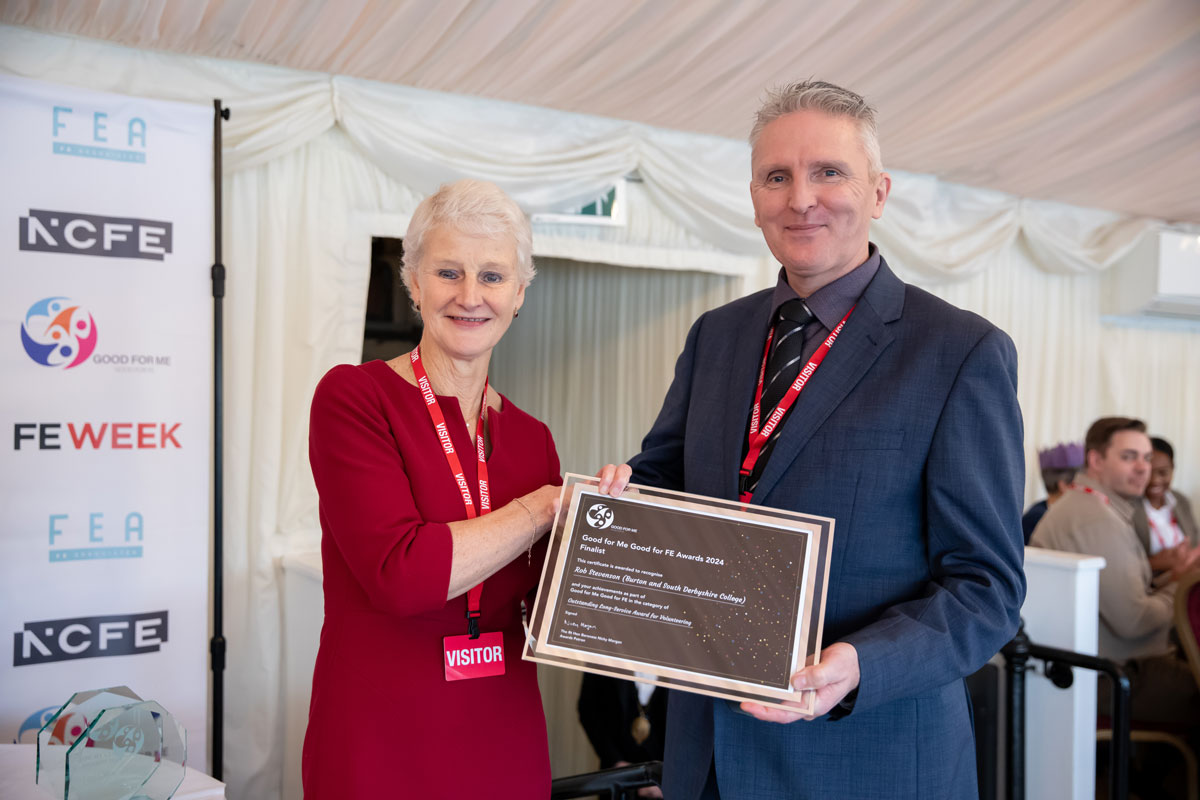Strong demand for UK HE amidst a global pandemic

Today marks the final UCAS (@ucas_online) 2021 End of Cycle release, with new data breaking down individual university and college application and acceptance figures for the 2021 cycle.
The top headlines for the 2021 cycle are:
- 606,645 people of all ages across the UK applied to higher education in 2021 (+5% on 2020), with 492,005 accepted (+1%)
- As the 18 year old population increases, 7% more UK 18 year olds were placed (27,235 up from 257,895 in 2020). 81% of students gained a place in their first choice university or college (up from 76%). Overall, 38.3% of UK 18 year olds gained a placed in 2021 (up from 37% in 2020 and 34.1% in 2019).
- Following the introduction of individual level Free School Meals (FSM) information in England as part of the UCAS admissions process, 20.9% of students eligible for FSM entered higher education – a record high. 2021 also saw a record proportion of students from the most disadvantaged areas enter university or college.
- The number of applicants achieving the top A level grades almost doubled compared to 2020 (19,595 from 12,735) and nearly quadrupled from pre-pandemic levels (5,655 in 2019). As a likely result, 103,010 UK young people were accepted at higher tariff providers, up 11% from 92,650 in 2020.
- UCAS’ Career Finder apprenticeship searches jumped 50% in a year to 1.5 million, with half of UCAS pre-applicants telling us they are interested in learning about apprenticeships as well as traditional undergraduate degrees.
- Over 67,000 students aged 25 and above from the UK gained a place as they continue their lifelong learning. Demand for nursing courses from these students remained strong, as highlighted in our ‘Next Steps: Who are the ‘future nurses‘?‘ report.
- The UK remains globally attractive, with our recent ‘Where Next: the experience of international students connecting to UK higher education‘ report indicating that nearly 9 out of 10 students find the UK a positive place to study. Internationally, a total of 142,925 people of all ages applied (-5% on 2020), with 70,005 accepted (+1%). 111,255 people applied from outside the EU (+12%) with 54,030 accepted (+2%); while 31,670 people from within the EU applied (-40%) with 16,025 were accepted (-50%).
- Unconditional offer-making fell from a high of 15.7% of all offers made in 2020 to 3.3% in 2021, with ‘conditional unconditional offers‘ all but eliminated within this cycle.
Clare Marchant, Chief Executive at UCAS, said:
“The 2021 cycle was the first admissions cycle that took place end to end during a global pandemic, and the tremendous hard work and resilience of students has been justly rewarded with the increase in placed applicants as well as those getting their first choice.
“Demand for UK HE remained strong in 2021 and we also saw a surge in interest in apprenticeship opportunities.
“Today’s data also shows a significant move away from unconditional offer making as universities have sought to provide greater stability to students and address concerns from schools and colleges.
“This year sees the return to exams and is the second year of what will be a decade of growth of 18 year olds in the UK population. As we are set to hit a million applicants by 2026, it will be even more important that the higher education admissions system meets the needs of students in this increasingly competitive environment.
“Building on the success of a more structured clearing introduced over recent years, UCAS continues to simplify dates and deadlines as part of its commitment to continuous reform of the admissions process, as well as to pursue – in collaboration with its customers – reform of the personal statement and reference, as well as look at other far-reaching reforms such as the insurance choice.
“UCAS has been working with Universities UK on its Fair Admissions Review and the forthcoming code of practice to ensure university offer-making remains fair and transparent for all.”

Alistair Jarvis CBE, Chief Executive of Universities UK said:
“It is great to see that a record number of people are choosing higher education and that the highest ever proportion of people from the most disadvantaged areas entered university.”
“The data on unconditional offers shows that universities have responded to recommendations in our Fair Admissions Review, aimed at building greater levels of transparency, fairness, and trust in the system, and worked hard to provide stability during the uncertainty caused by the pandemic.
“To build on this progress, we are currently working with UCAS, universities and school leaders to develop a new admissions code of practice that will further improve fairness, deliver for students, and continue universities’ commitments to widening access and participation in higher education”.

Matt Western MP, Labour’s Shadow Universities Minister, said:
“Every student should be able to achieve their ambition of studying at one of our great universities, but under this government the gap between the most and least advantaged is growing.
“Labour has repeatedly called for reform of the admissions system to widen access to higher education and for Ministers to match Labour’s ambitious clear and costed Children’s Recovery Plan to help tackle the gap in learning which has widened during the pandemic.
“While this government is distracted cleaning up the Prime Minister’s scandals, Labour is focused on the ensuring young people across our country can thrive.”

Kevin Gilmartin, Post 16 Specialist at the Association of School and College Leaders, said:
“We are delighted to see the increase in the numbers of students being accepted at university, including a welcome rise in those from disadvantaged backgrounds.
“The increases have come despite the whole application cycle taking place during the pandemic, reflecting the tremendous efforts made by school and college leaders and their staff in guiding students through the process.
“We need to explore the detail around how many disadvantaged students are being accepted at the most selective universities or not but, overall, the UCAS data seems a reason for celebration.
“It should also serve as a reminder to the government that many students will have secured their place at university on the back of BTEC results and any plans to defund these qualifications should be immediately scrapped.”











Responses